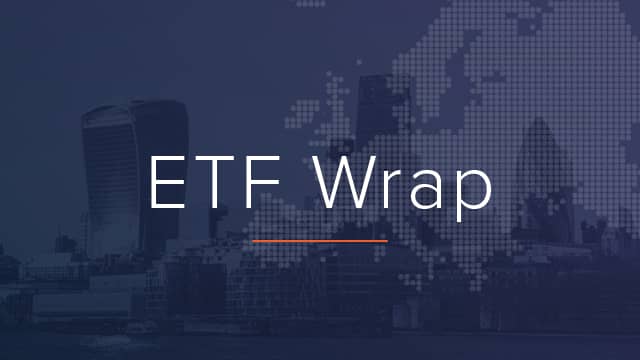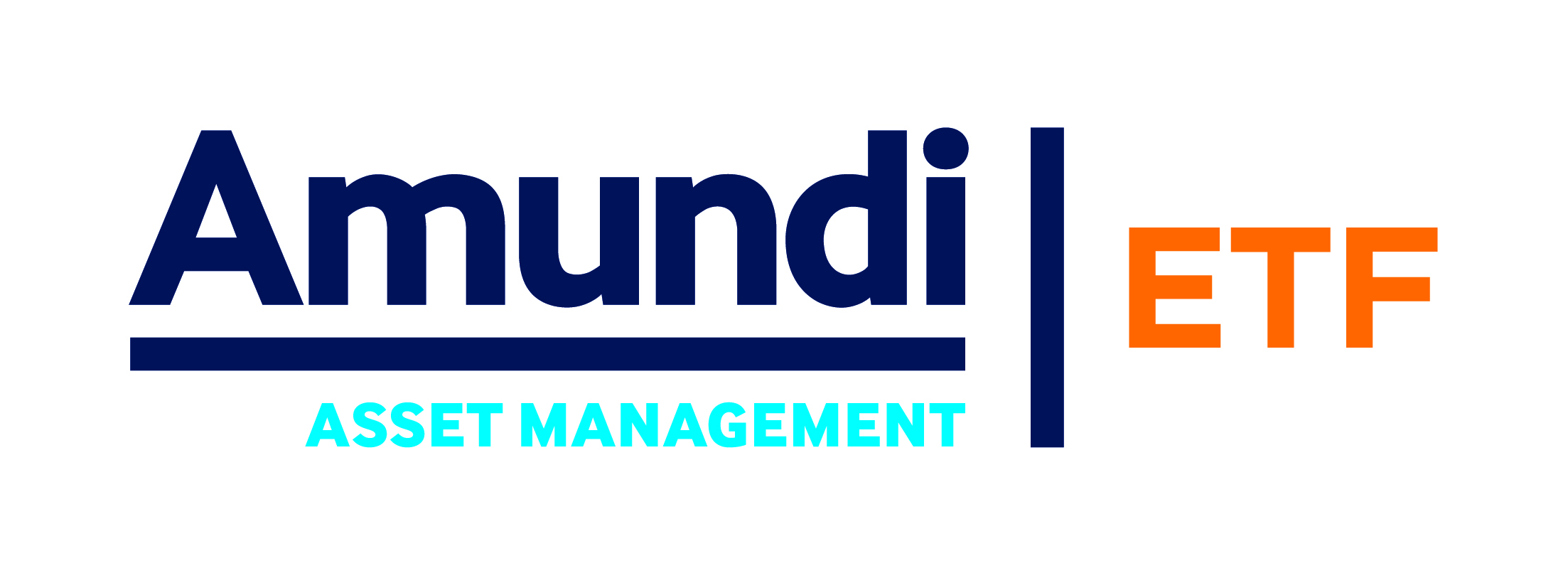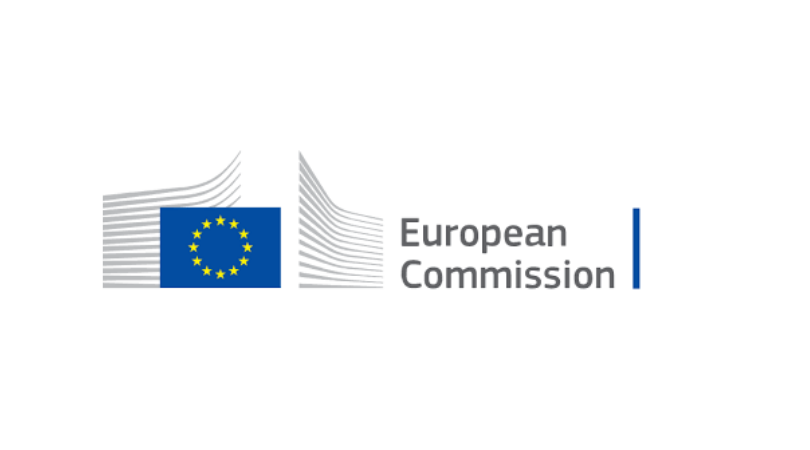This week saw notable figures such as Amundi CEO Valerie Baudson and the CFA Institute come out against an outright ban on inducements but their counterarguments are lukewarm at best.
The opposition comes weeks after EU commissioner Mairead McGuiness announced the regulator’s intention to consider an outright ban on inducements – also known as retrocession fees – which are the kick-backs advisers are given by asset managers for selling their products over equivalents from rivals.
Addressing these clear “conflicts of interest”, McGuiness said such fee arrangements “can have a negative effect on the quality of investment advice”, can mean consumers are recommended products that “are not always the most suitable for their needs” and cost-effective structures such as ETFs “are hardly ever recommended”.
In fact, McGuiness said products where inducements were paid are on average 35% more expensive for end clients than products where no inducement is present.
However, Baudson argued a ban on these kickbacks would leave consumers suffering from a dearth of financial advice as well as being offered access to a smaller range potential investment products by their adviser.
Agreeing, a CFA study of 100 professional investors from around the world found only 34% believe an outright ban would be the right solution while 71% favoured increased investment education for clients and 81% said full disclosure of commissions received, rather than a ban, would be a better solution.
Josina Kamerling, head of regulator outreach for CFA Institute EMEA, commented: “Our survey finds that the most important regulatory reforms needed to combat misselling are to mandate clearer and full disclosures of commissions and fees paid, and to introduce clear standards for product information including cost structures.
“Such a move would help bring the standards at play in the practice of inducements into line with what is already in place for investment performance information.”
Unfortunately, these arguments do not reflect reality in countries where inducements are already banned.
For instance, while Baudson claimed access to financial advice is worse in the UK and Netherlands, there is in fact no shortage of financial advice professionals in the UK.
McGuiness added: “The Dutch inducement ban has not led to a reduction in retail investment – and in fact, there has been a slight increase. And the level of trust in financial advice has also increased.”
Also, looking at the largest single market with an inducement ban, the US, there is no shortage of financial advice. In fact, given the lack of social security payments, many Americans expect to seek out financial advice when saving for retirement.
On the education point, this seems hollow. Inaccurate lectures at university, false reporting in journalism or mathematical errors in accounting are not seen as par for the course. Investors should not have to prepare for the fact their handsomely paid advisers do not have their best financial interests at heart
On the argument for inducement earmarking rather than a ban, this makes some sense but unfortunately comes up against the same challenge as the inducement ban – the 'soft dollar'.
David Hsu, senior investment product specialist at Vanguard, which supports an inducement ban, previously said the retrocession earmarking system was in place when he worked in Hong Kong, however, distributors “will not even talk to you unless you talk about retrocessions”, even if this means something as informal as an ETF issuer offering to pay for their Bloomberg Terminal.
Overall, 30% of those surveyed by the CFA worried an inducement ban may result in retail investors steering more towards self-directed investments.
This is already happening at an increasing pace, from ETF savings plans in Germany to ready-made fund portfolios on low-cost platforms. As state pension ages roll back further, the attention retail investors in Europe give to saving for later life will only increase.
Inducements simply keep the most cost-effective tools off the table.
Caroline Baron, head of ETF distribution EMEA at Franklin Templeton, said: “[The inducement ban] is how we saw a boom in the ETF business in the US, where there is an equal split between retail and institutional users, versus less than 10% retail ETF uptake in Europe.
McGuiness concluded: “We need to ask ourselves whether commission-based models really work in the interest of retail investors. I want consumers to have access to financial advice but biased advice does not serve them either.
“It is good to grab this nettle and to make change for the better.”
ETF Wrap is a weekly digest of the top stories on ETF Stream
Related articles






